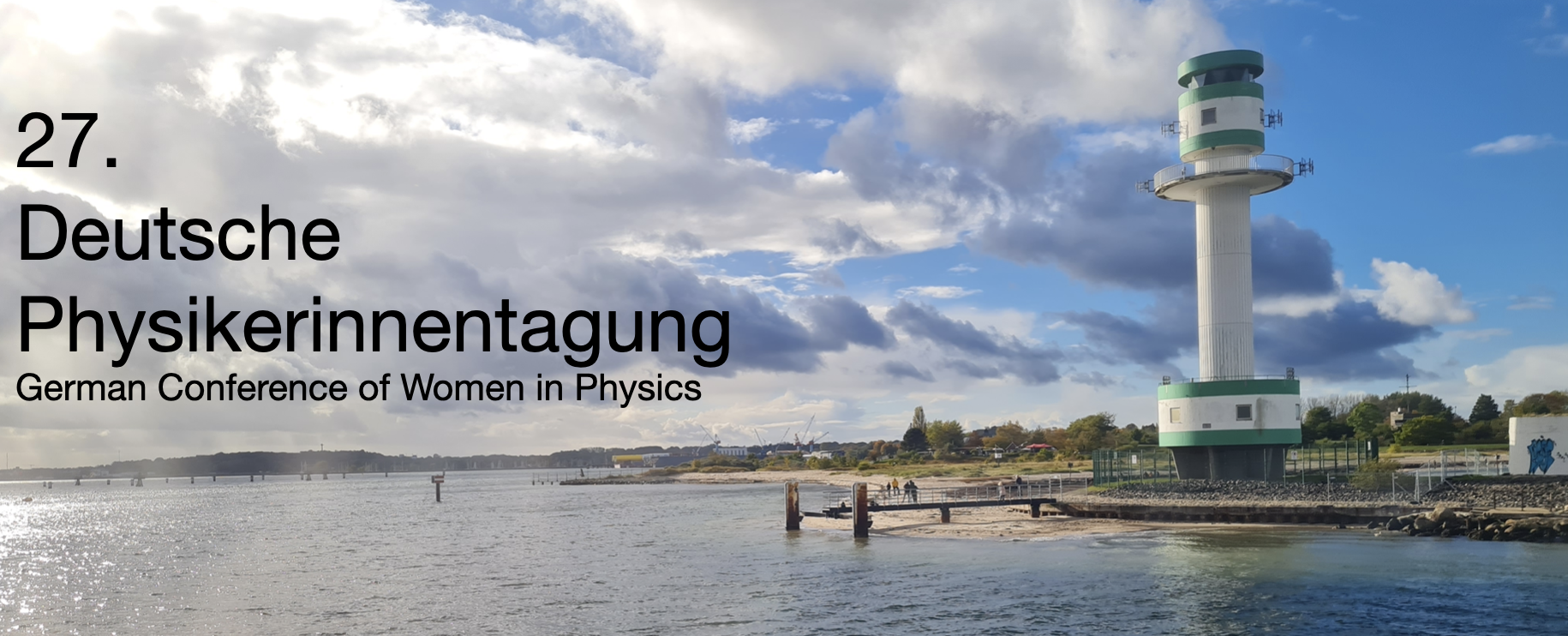Speaker
Description
Weather occurs primarily in the troposphere, where midlatitude forecasts are typically reliable for 5–10 days. In contrast, the stratosphere is more stable and evolves on longer timescales, allowing it to influence tropospheric variability over extended periods. Previous studies have shown that incorporating stratospheric information can improve surface weather predictability, especially following stratospheric extreme events like sudden stratospheric warmings (SSWs).
In 2019, an SSW in the Southern Hemisphere (SH) disrupted the stratospheric circulation and contributed to extreme heat and drought in Australia, intensifying that year's fire season. Such events are very rare in the SH due to the strength of the stratospheric polar vortex, which suppresses planetary wave propagation - a key driver of SSWs. However, it is still unclear how climate change may impact the occurrence of SH SSWs through opposing effects of increasing greenhouse gases and ozone recovery.
We use climate model time slice simulations with greenhouse gas and ozone concentrations following the SSP5-8.5 scenario to examine how the frequency and surface impact of SH SSWs may change under different global warming levels. Our results indicate that SSW frequency remains near historical levels up to ~2 K of warming but declines thereafter. The tropospheric response to SSWs weakens significantly only at +4 K, when greenhouse gas forcing dominates over ozone recovery. These findings suggest that, in the coming decades, stratospheric warming events will likely continue to modulate extreme heat in regions such as Australia and Southern Africa, compounding the direct effects of global warming.

